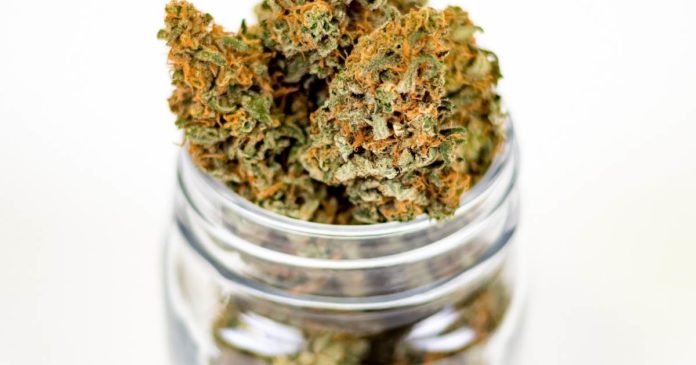Yet another study has given backing to claims that medical cannabis use is generally safe, with few serious adverse events.
Medical cannabis has been legal in Canada since 2001, and recreational use was legalized in 2018. After decades of legalization and uptake, Canadian authorities have plenty of research opportunities to examine the effects. But published safety data used in real-world clinical practice settings are still somewhat lacking.
In 2015, the Research Institute of the McGill University Health Centre (RI-MUHC) and the Canadian Consortium for the Investigation of Cannabinoids (CCIC) launched a registry for users of medical cannabis in Quebec enabling physicians to better manage its use and monitor patient safety.
A new study aimed to describe adverse events (AEs) reported across three years following medical cannabis initiation by drawing on Adverse Event Reports from the Quebec Cannabis Registry. Data were collected at baseline and at follow-up visits every three months for the first two years, then once in the third year.
A total of 2,991 patients were enrolled and during follow-up, only 108 patients reported moderate or severe AEs. Mild AEs were recorded as a reason for discontinuation of medical cannabis for nine patients
The most common AE’s for ingested medical cannabis were:
- Dizziness (12.9%)
- Nausea (11.3%)
- Somnolence (9.7%)
- Vomiting (8.1%)
For inhaled cannabis, headache (13.0%) was the most common. Dizziness and somnolence were most commonly associated with tetrahydrocannabinol (THC) dominant medicines, while cannabidiol’s (CBD’s) most common AE was vomiting (20%). Dizziness (17.2%), nausea (13.8%), somnolence (10.3%), and headache (8.6%) were the most frequent for balanced medical cannabis formulations.
The researchers concluded:
“No new safety concerns were identified relative to the published literature, although notable differences in AE profile between modes of administration and cannabinoid content ratios should be considered by health professionals.”
Their findings have been published in the journal Drug Safety.
While the number of medical client registrations with federally licensed sellers in Canada fell 4% from 213,099 in March 2023 to 203,804 in June 2023, this has mainly been a result of Canada legalizing cannabis for adult use; with many medical patients gravitating to the recreational market.


